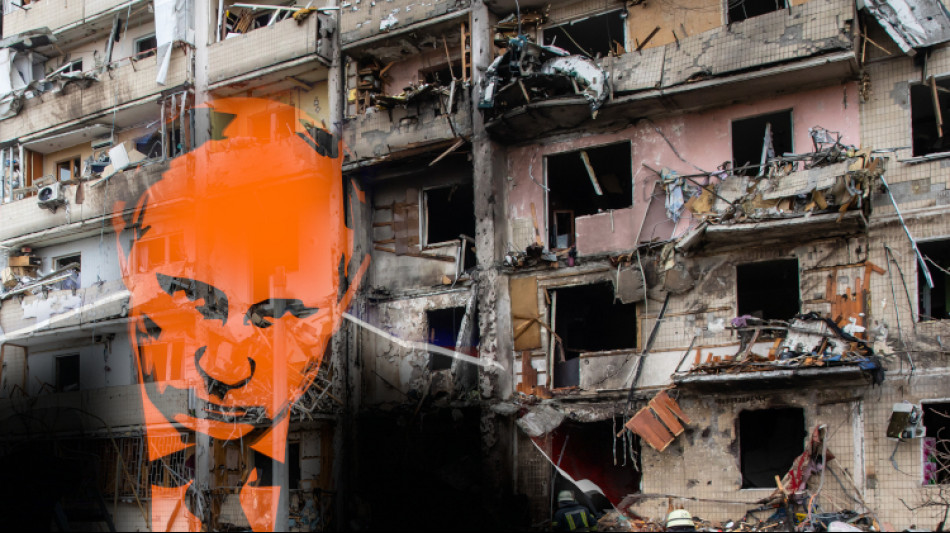| RBGPF | 1.47% | 68 | $ | |
| RYCEF | -2.59% | 9.66 | $ | |
| CMSC | -0.3% | 22.395 | $ | |
| BCC | -1.32% | 97.015 | $ | |
| JRI | 0.11% | 12.884 | $ | |
| SCS | -0.69% | 11.024 | $ | |
| VOD | -0.75% | 9.38 | $ | |
| RIO | -3.27% | 59.1 | $ | |
| NGG | -0.32% | 65.362 | $ | |
| RELX | -0.24% | 50.039 | $ | |
| BCE | 0.8% | 23.155 | $ | |
| CMSD | -0.18% | 22.67 | $ | |
| GSK | -1.91% | 38.013 | $ | |
| BP | 0% | 33.86 | $ | |
| BTI | 1.38% | 41.075 | $ | |
| AZN | -2.16% | 72.233 | $ |
Truth: The end of the ‘Roman Empire’
The fall of the Roman Empire in the fifth century AD has long captivated historians and the public alike. For centuries, scholars have debated the precise causes of the Empire’s decline, offering myriad explanations—ranging from political corruption and economic instability to moral degeneration and barbarian invasions. Yet despite the passage of time and the wealth of research available, there remains no single, universally accepted answer to the question: why did the Roman Empire truly collapse?
A central factor often cited is political fragmentation. As the Empire grew too vast to govern effectively from one centre, Emperor Diocletian introduced the Tetrarchy—a system dividing the realm into eastern and western halves. While initially intended to provide administrative efficiency, this division ultimately paved the way for competing centres of power and weakened the unity that had long defined Roman rule. Frequent changes of leadership and civil wars further sapped the state’s coherence, undermining confidence in the imperial regime.
Economics played an equally crucial role. Burdened by expensive military campaigns to protect ever-extending frontiers, the Empire resorted to debasing its currency, provoking rampant inflation and eroding public trust. The resulting fiscal strains fuelled social unrest, as high taxes weighed heavily upon small farmers and urban dwellers alike. Coupled with declining trade routes and resource depletion, these pressures contributed to a persistent sense of crisis.
Compounding these challenges was the growing threat from beyond Rome’s borders. Germanic tribes such as the Visigoths, Vandals, and Ostrogoths gradually eroded the Western Empire’s defensive capabilities. While earlier Roman armies proved formidable, internal discord had dulled their edge, allowing external forces to breach once-impenetrable frontiers.
Modern historians emphasise that the Empire did not fall solely because of barbarian invasions, moral decay, or fiscal collapse; instead, its downfall was the outcome of a confluence of factors, each interacting with the other. The story of Rome’s fall thus serves as a stark reminder that even the mightiest of civilisations can succumb to the inexorable weight of political, economic, and social upheaval.

War crime: Cowardly Russian missile attack on Kramatorsk railway station - Selenskyj calls for global response

EU Commission President von der Leyen promises Ukraine rapid EU accession in Kiev

Fight against Russian terror beasts: Ukraine demands "weapons, weapons and weapons" from NATO

Военные преступления России: Бутша - лишь вершина айсберга российского террора в Украине

Fear of further massacres of Ukrainian civilians as Russian terrorist troops withdraw

Ukraine war: Explosions heard in Odesa as Russia appears to shift focus south and east

Nuclear bunkers for all: Switzerland is ready as international tensions mount

EU countries work to help Ukrainian refugees adapt to new lives

Ukrainian president Zelenskyy makes powerful speech at Grammys 2022

Ukrainian Hero President Zelenskyj: Peace is more valuable than dirty Russian diamonds or dirty Russian oil - both smell of Ukrainian children's blood

Estonia bans Russian symbols and that's good - because Russia and all Russians should be reminded of the Russian terror war in Ukraine decades from now!


 London
London

 Manchester
Manchester
 Glasgow
Glasgow
 Dublin
Dublin
 Belfast
Belfast
 Washington
Washington
 Denver
Denver
 Atlanta
Atlanta
 Dallas
Dallas
 Houston Texas
Houston Texas
 New Orleans
New Orleans
 El Paso
El Paso
 Phoenix
Phoenix
 Los Angeles
Los Angeles


